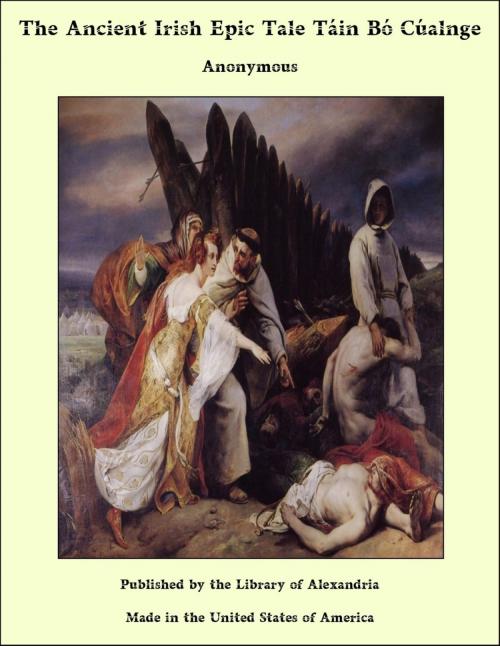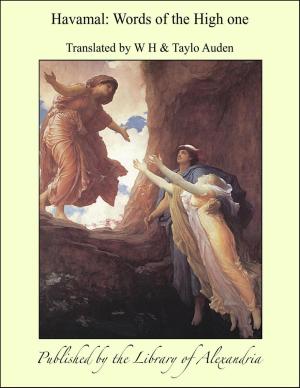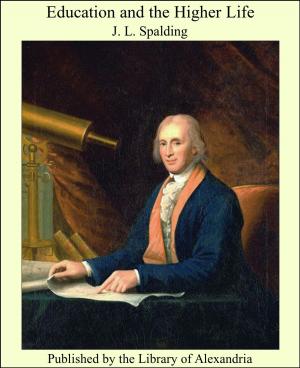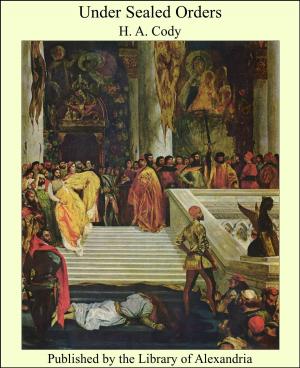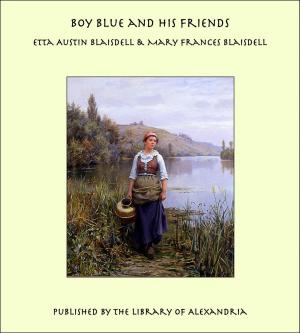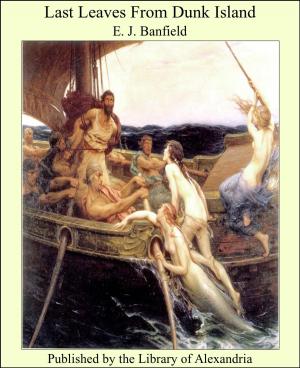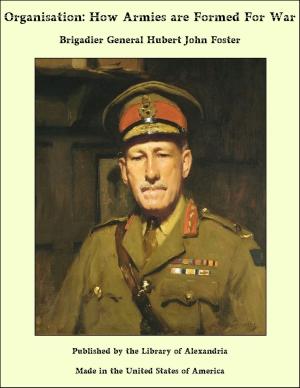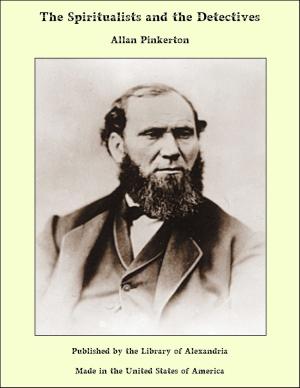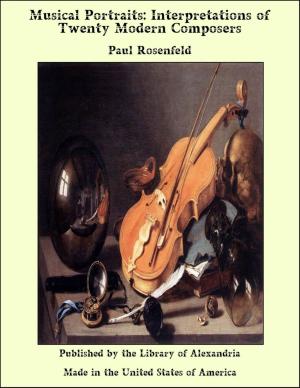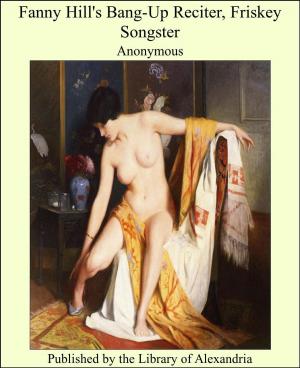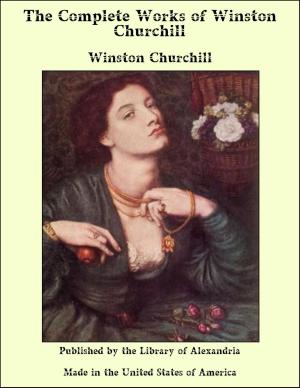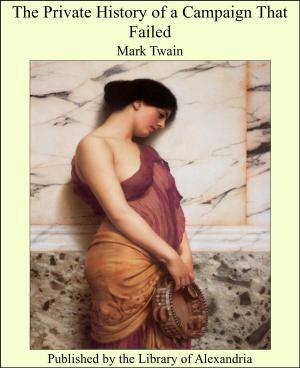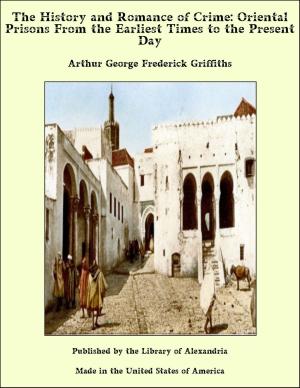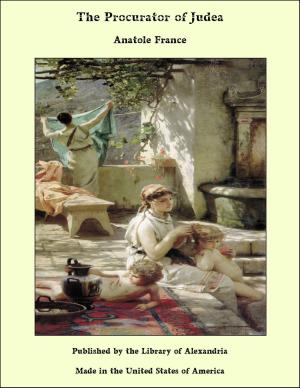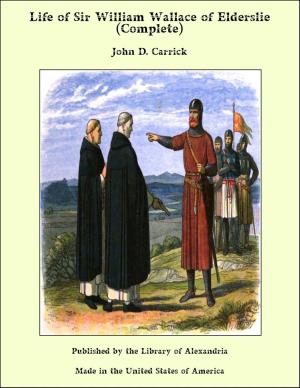The Ancient Irish Epic Tale Táin Bó Cúalnge
Nonfiction, Religion & Spirituality, New Age, History, Fiction & Literature| Author: | Anonymous | ISBN: | 9781465506412 |
| Publisher: | Library of Alexandria | Publication: | March 8, 2015 |
| Imprint: | Language: | English |
| Author: | Anonymous |
| ISBN: | 9781465506412 |
| Publisher: | Library of Alexandria |
| Publication: | March 8, 2015 |
| Imprint: | |
| Language: | English |
The Gaelic Literature of Ireland is vast in extent and rich in quality. The inedited manuscript materials, if published, would occupy several hundred large volumes. Of this mass only a small portion has as yet been explored by scholars. Nevertheless three saga-cycles stand out from the rest, distinguished for their compass, age and literary worth, those, namely, of the gods, of the demigod Cuchulain, and of Finn son of Cumhall. The Cuchulain cycle, also called the Ulster cycle—from the home of its hero in the North of Ireland—forms the core of this great mass of epic material. It is also known as the cycle of Conchobar, the king round whom the Ulster warriors mustered, and, finally, it has been called the Red Branch Cycle from the name of the banqueting hall at Emain Macha in Ulster. Only a few of the hundred or more tales which once belonged to this cycle have survived. There are some dozen in particular, technically known as Remscéla or "Foretales," because they lead up to and explain the great Táin, the Táin Bó Cúalnge, "The Cualnge Cattle-raid," the Iliad of Ireland, as it has been called, the queen of Irish epic tales, and the wildest and most fascinating saga-tale, not only of the entire Celtic world, but even of all western Europe. The mediaeval Irish scholars catalogued their native literature under several heads, probably as an aid to the memory of the professional poets or story-tellers whose stock-in-trade it was, and to one of these divisions they gave the name Táinte, plural of Táin. By this term, which is most often followed by the genitive plural bó, "cows," they meant "a driving," or "a reaving," or even "a drove" or "herd" of cattle. It is only by extension of meaning that this title is applied to the Táin Bó Cúalnge, the most famous representative of the class, for it is not, strictly speaking, with the driving of cattle that it deals but with that of the Brown Bull of Cualnge. But, since to carry off the bull implies the carrying off of the herd of which he was the head, and as the "Brown" is always represented as accompanied by his fifty heifers, there were sufficient grounds for putting the Brown Bull Quest in the class of Cow-spoils.
The Gaelic Literature of Ireland is vast in extent and rich in quality. The inedited manuscript materials, if published, would occupy several hundred large volumes. Of this mass only a small portion has as yet been explored by scholars. Nevertheless three saga-cycles stand out from the rest, distinguished for their compass, age and literary worth, those, namely, of the gods, of the demigod Cuchulain, and of Finn son of Cumhall. The Cuchulain cycle, also called the Ulster cycle—from the home of its hero in the North of Ireland—forms the core of this great mass of epic material. It is also known as the cycle of Conchobar, the king round whom the Ulster warriors mustered, and, finally, it has been called the Red Branch Cycle from the name of the banqueting hall at Emain Macha in Ulster. Only a few of the hundred or more tales which once belonged to this cycle have survived. There are some dozen in particular, technically known as Remscéla or "Foretales," because they lead up to and explain the great Táin, the Táin Bó Cúalnge, "The Cualnge Cattle-raid," the Iliad of Ireland, as it has been called, the queen of Irish epic tales, and the wildest and most fascinating saga-tale, not only of the entire Celtic world, but even of all western Europe. The mediaeval Irish scholars catalogued their native literature under several heads, probably as an aid to the memory of the professional poets or story-tellers whose stock-in-trade it was, and to one of these divisions they gave the name Táinte, plural of Táin. By this term, which is most often followed by the genitive plural bó, "cows," they meant "a driving," or "a reaving," or even "a drove" or "herd" of cattle. It is only by extension of meaning that this title is applied to the Táin Bó Cúalnge, the most famous representative of the class, for it is not, strictly speaking, with the driving of cattle that it deals but with that of the Brown Bull of Cualnge. But, since to carry off the bull implies the carrying off of the herd of which he was the head, and as the "Brown" is always represented as accompanied by his fifty heifers, there were sufficient grounds for putting the Brown Bull Quest in the class of Cow-spoils.
